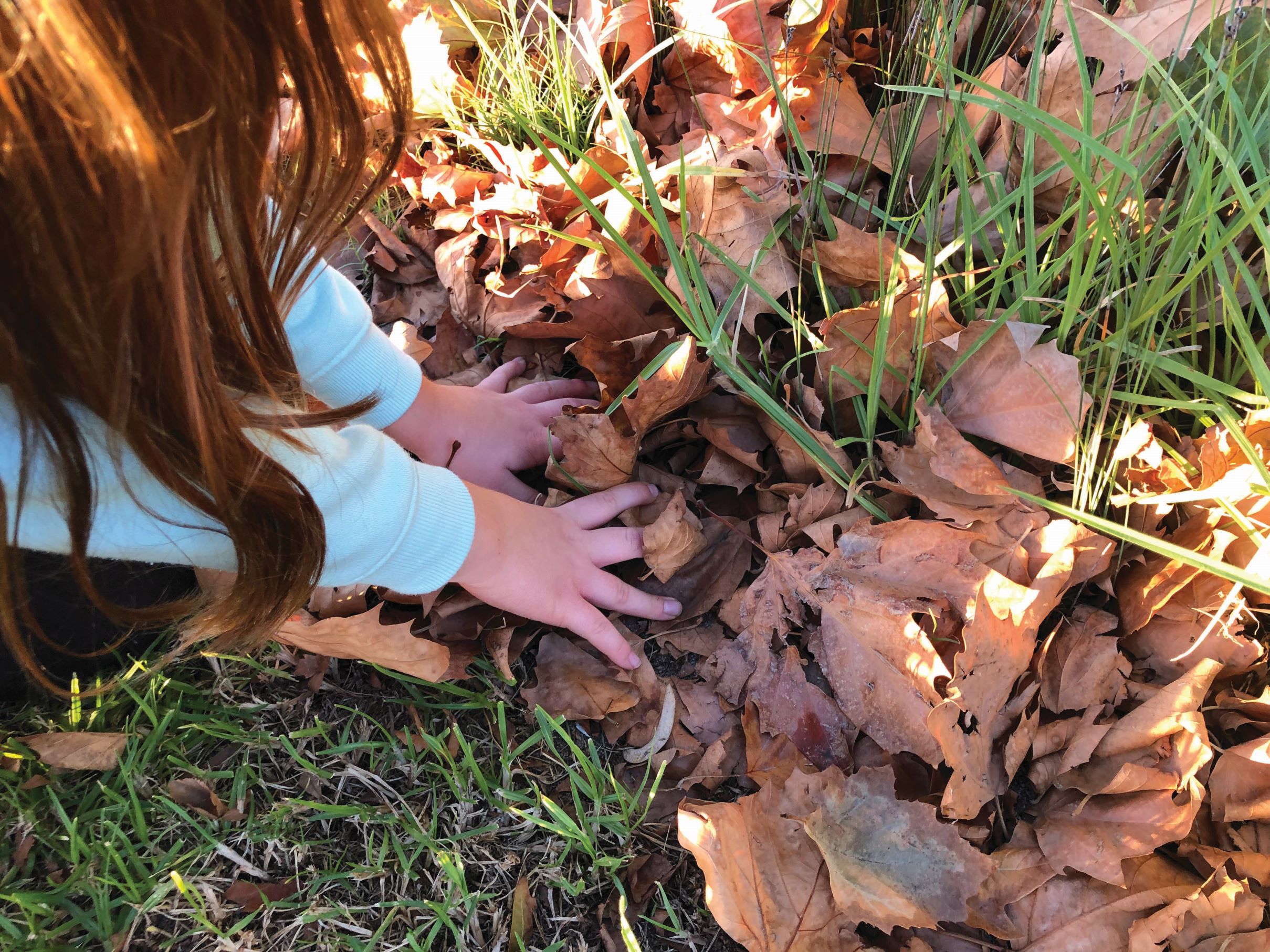Search
Showing results for "Au"
Research
Increasing incidence of invasive group A streptococcal disease in Western Australia, particularly among Indigenous peopleThe incidence of invasive GAS disease in WA increased between 2000 and 2018, particularly among Indigenous Australians. Mandatory notification of invasive GAS disease would therefore be appropriate. The social determinants of differences in incidence should be addressed, and other relevant host, pathogen, and health system factors investigated.
Research
A Meta-analysis on the Role of Children in Severe Acute Respiratory Syndrome Coronavirus 2 in Household Transmission ClustersThe role of children in the spread of severe acute respiratory syndrome coronavirus 2 (SARS-CoV-2) remains highly controversial. To address this issue, we performed a meta-analysis of the published literature on household SARS-CoV-2 transmission clusters (n = 213 from 12 countries). Only 8 (3.8%) transmission clusters were identified as having a pediatric index case.
Research
Altered Behavior in Encephalitis: Insights From the Australian Childhood Encephalitis Study, 2013-2018Altered mental status is a major criterion for a diagnosis of encephalitis to be made with alteration in behavior, a key manifestation of altered mental status. We reviewed all evaluated cases identified by the Australian Childhood Encephalitis study between May 2013 and June 2018.
Research
Multiple-breath washout outcomes are sensitive to inflammation and infection in children with cystic fibrosisThe lung clearance index may be a useful surveillance tool for monitoring the presence and extent of lower airway inflammation and infection
Research
Twenty-Five Year Survival of Children with Intellectual Disability in Western AustraliaTo investigate survival up to early adulthood for children with intellectual disability and compare their risk of mortality with that of children without intellectual disability.
Research
Developmental trajectories of sleep problems from childhood to adolescence both predict and are predicted by emotional and behavioral problemsFindings from this study provide empirical evidence for the heterogeneity of sleep problems and their development
Research
Polygenic risk of ischemic stroke is associated with cognitive abilityFindings from this study indicate that even in the absence of stroke, being at high polygenic risk of ischemic stroke is associated with lower cognitive ability

Auto-immune diseases such as diabetes, rheumatoid arthritis, muscular dystrophy and multiple sclerosis are associated with dysfunction in the microbiome. You need a balance of healthy bugs in your microbiome to keep it on track.

News & Events
A recipe for success in managing type 1 diabetes for teenagersAn innovative cooking program, the first of its kind in Australia, is being offered at Perth Children’s Hospital, combining nutrition education and practical cooking skills for teenagers living with type 1 diabetes (T1D).
Research
It's not what you were expecting, but it's still a beautiful journey: The experience of mothers of children with Down syndromeThe purpose of this study was to describe qualitatively the experience of parenting for mothers of a child with Down syndrome.
